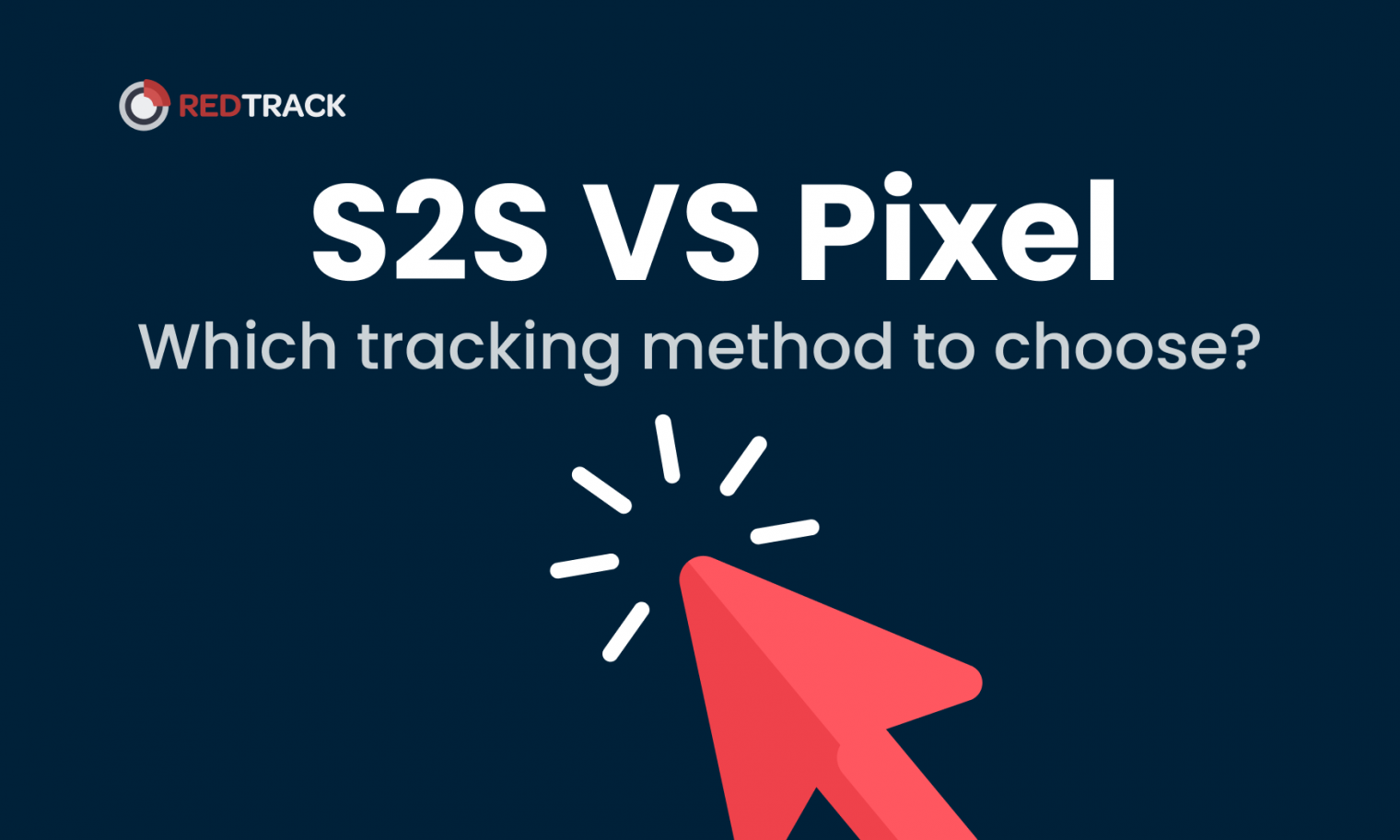
Check our 2-minute video to explore 5 reasons users choose RedTrack as their ad tracking & attribution partner.
Referrals are a vital part of any marketing strategy, offering a cost-effective way to acquire new customers while strengthening relationships with existing ones. Understanding and leveraging this concept effectively can lead to significant growth and success in the competitive world of digital marketing and media buying.
A referral, in the simplest terms, is when a current customer recommends a product or service to someone else. It's a personal endorsement, often seen as more trustworthy than traditional advertising. In digital marketing, this translates to online shares, mentions, and recommendations. It's a powerful tool because it leverages the trust and social proof inherent in personal networks.
Referrals can be categorized into two primary types: Direct and Indirect. Direct referrals occur when a customer explicitly recommends your product to someone they know. Indirect referrals, on the other hand, are more subtle and happen when customers share their positive experiences on social media or review sites, influencing potential customers indirectly.
Word-of-mouth referrals are a goldmine for marketers. They happen organically when customers are so satisfied with a product or service that they can't help but share their experience. These referrals carry significant weight as they're perceived as genuine and unbiased. In the digital age, word-of-mouth extends to online reviews and social media posts, amplifying its reach and impact.
Many businesses implement referral programs to incentivize customers to make referrals. These programs offer rewards, discounts, or other benefits to customers who bring in new clients. This not only increases the number of referrals but also enhances customer loyalty.
In media buying and digital marketing, tracking referrals is critical. This involves using analytics tools to monitor where referrals are coming from, their conversion rates, and overall impact on sales. Understanding these metrics helps in fine-tuning marketing strategies and allocating resources more effectively.
Referrals play a significant role at various stages of the sales funnel. At the top of the funnel, they create awareness. In the middle, they build consideration and trust. And at the bottom, they often directly contribute to the decision to purchase. Acknowledging this can help marketers tailor their tactics at each stage.
Social media platforms, email marketing, and affiliate networks are key digital channels for maximizing referrals. Each platform offers unique ways to encourage and track referrals, making it vital for marketers to understand their nuances and leverage them effectively.
Managing referrals comes with challenges, such as ensuring the authenticity of referrals and maintaining the quality of the referral experience. There’s also the need to balance incentivizing referrals without diluting brand value or coming off as too aggressive.
Best practices in referral marketing include clearly communicating the value proposition, making the referral process easy and intuitive, and offering meaningful incentives. It's also important to regularly analyze referral data to understand what's working and what isn't.
The future of referrals in digital marketing looks promising, with advancements in AI and data analytics providing deeper insights into consumer behavior. Personalization and automation will play larger roles in refining referral strategies.

Check our 2-minute video to explore 5 reasons users choose RedTrack as their ad tracking & attribution partner.

Join our Facebook group to participate in the discussions, share your insights with like-minded people, and ask for support if needed.

Find out how Financer.com optimized the conversion rates of both organic and paid traffic by 60% with RedTrack.